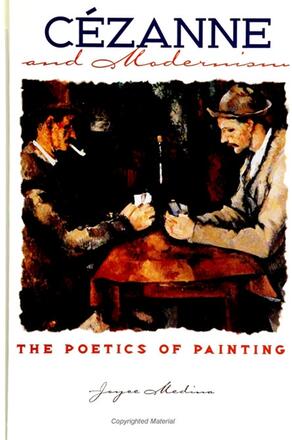
Cézanne and Modernism
The Poetics of Painting
Alternative formats available from:
This book explores how traditional relations among the arts have changed in our time, focusing on the radical transformation of Paul Cezanne.
Description
This book explores the contemporary modification of traditional relations among the arts. Interpreting Cézanne as a founder of Modernism, it focuses on an aesthetics of the image (with roots in Bergson, Heidegger, and Merleau-Ponty) of equivalent value across the arts and in literature.
The author argues that Cézanne's transformation of traditional pictorial images and invention of radically new types of images resulted in the replacement of the mimetic motivation of the pictorial sign by symbolist, plastic, contemplative, and visionary motivations. These yielded four corresponding types of images all of which can be generally found together in all the great Modernist masters. After surveying the transformation of the image in the psychological theories of the nineteenth century, this investigation focuses on the Bergsonian philosophy of the image as a hermeneutical parallel of Cézanne's pictorial theory and practice. Included are original readings of the most important serial paintings of Cézanne, including the Mont. Ste.-Victoire, the Bathers, and the Cardplayers.
Reviews
"Readers will be challenged by Medina's account, for her good book covers a lot of ground in an original way, successfully dealing with both visual materials and the texts she summarizes thus opening the way for fruitful future discussion." — David Carrier, Carnegie Mellon University